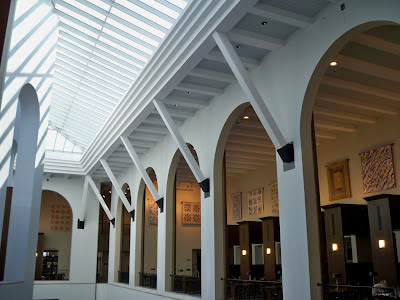Why We Write
There are certainly mornings when I wonder what I’m doing here. Why share these observations with the blogosphere when I could just as soon express them to family or friends or jot them down in my journal?
I know the answer to that question, but I’ve seldom seen it explained as well as Susan Orlean does in her 2018 nonfiction bestseller The Library Book.
Admitting that before the idea for The Library Book struck her she had sworn off writing books — “working on them felt like a slow-motion wrestling match,” she wrote — she goes on to talk about why the idea pulled her in. The book, which recounts the Los Angeles Public Library’s great fire of 1986 and the beauty and fragility of libraries in general, grew from the love of books Orlean developed as a child and the memory of afternoon excursions to the Bertram Woods Branch of the Shaker Heights (Ohio) Public Library system with her mother. Her mother, much older now and in the throes of dementia, wasn’t remembering those library visits anymore. That left Orlean to remember for both of them.
“I knew I was writing this because I was trying hard to preserve those afternoons. I convinced myself that committing them to a page meant the memory was saved, somehow, from the corrosive effect of time.
“The idea of being forgotten is terrifying. I fear not just that I, personally, will be forgotten, but that we are all doomed to being forgotten—that the sum of life is ultimately nothing; that we experience joy and disappointment and aches and delights and loss, make our little mark on the world, and then we vanish, and the mark is erased, and it is as if we never existed. …
“But if something you learn or observe or imagine can be set down and saved, and if you can see your life reflected in previous lives, and you can imagine it reflected in subsequent ones, you can begin to discover order and harmony. You know that you are part of a larger story that has shape and purpose — a tangible, familiar past and a constantly refreshed future.”
